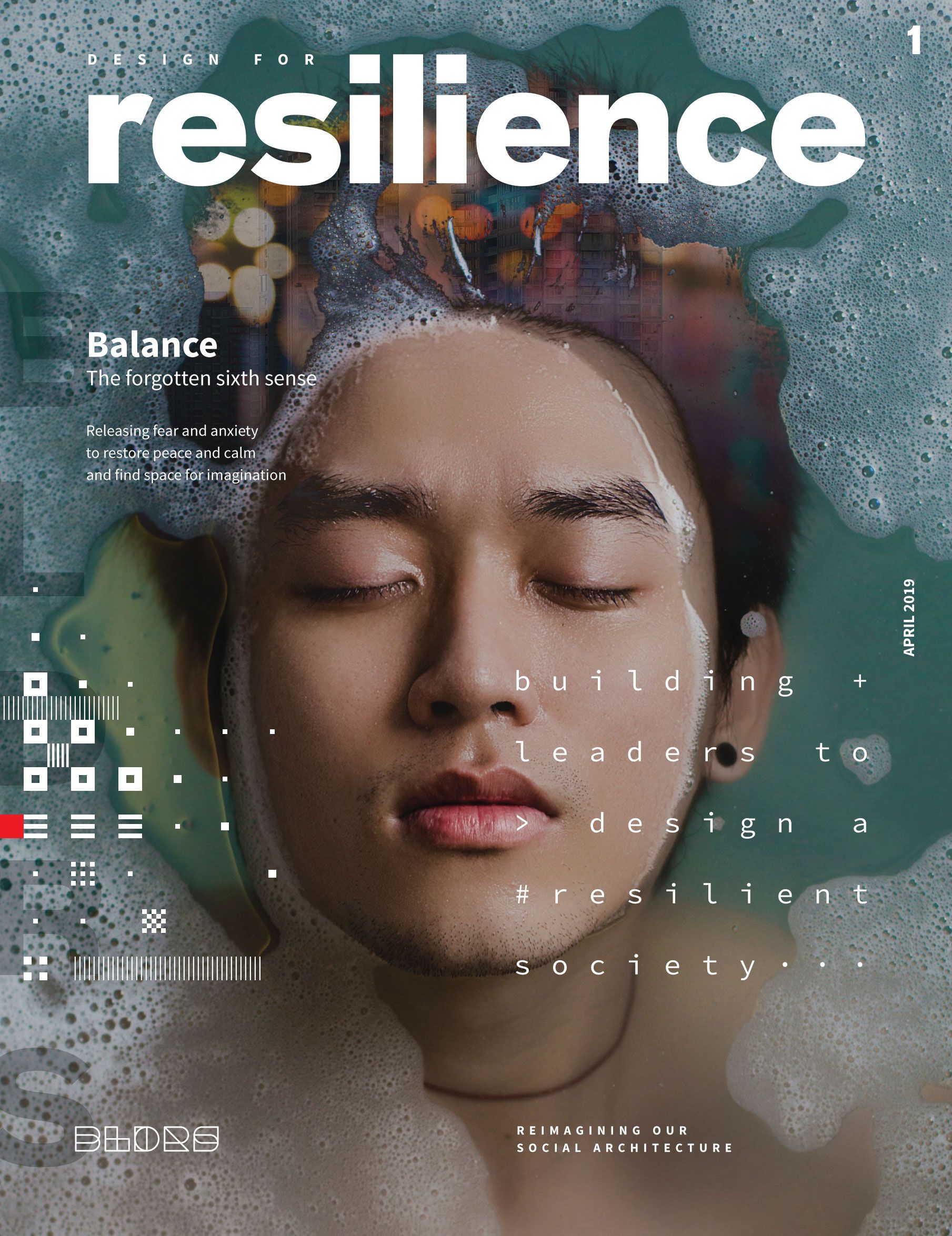The Adjacent Possible
The phenomenon of coinciding discoveries or inventions without direct communication, coordination, or cooperation.

The experience of witnessing the phenomenon of coinciding discoveries or inventions without direct communication, coordination, or cooperation can be surprising, and a little unnerving. I have found it to be a frustrating situation, since I find myself starting things and never finishing, because someone else has had the same idea and has created it better than I ever could. So I don’t bother working on the project.
Stephen Johnson wrote a book about where good ideas come from, describing this phenomenon as the adjacent possible. Ideas and technologies arise in a culture, because advances in technology and greater access to knowledge create the conditions for these particular concepts and innovations.
Other projects I have pursued face a different threat: the utter indifference to things that I find of vital importance. The popularity of a technological approach so overshadows better ideas, rendering the better idea to be obsolete on the basis of obscurity. If the community required to support the project is too small, it will likely fail for lack of attention to properly maintain and improve the project.
At a certain point, it no longer makes sense to continue working on the project. The incentives do not match the effort required.
As I have been listening to my favourite podcasts, I have been discovering that there are already people working on projects that I have been working toward for three decades that are more likely to succeed. In my case, slow and steady does not win the race. If I am not first to market, the competitor will win.
The shift in thinking that I require is a paradigm shift from my perception of the environment as a competition to that of a living laboratory for imagination and cooperation. Corporate culture tends to foster a proprietary and competitive environment, while a democratic educational culture tends to favour creative collaboration.
Abraham Verghese and Denise Pope — How Do You Want to Be When You Grow Up?
Krista Tippett talks about the Resilience Project with Denise Pope in the recent episode of the On Being podcast, How Do You Want to Be When You Grow Up?

Denise Pope is the co-founder of the non-profit organization Challenge Success. According to her research, it turns out that failure, the freedom to make mistakes and learn from them, the opportunity to ask questions without the fear of censure and rejection, are the foundations of resilience. (11:45)
Success is a terrible context for learning (16:10).
When researching what has the most effect on job satisfaction, well-being, and finances, Challenge Success found that the greatest difference comes from the level of engagement you bring to college or to the workplace. Some of the most engaged people get the worst grades, because they’re out there going deep into what they want to do, they’re not following the rules, and the teacher doesn’t know what to do with them. (35:00)
The Rules of Engagement
- Excitement and passion
- Involvement in community
- Mentors
- Deep research and applying what you learn
What’s most important?
- Thinking
- Feeling
- Empathy
- Morality
At the core, a sense of purpose gives life meaning and joy. This purpose can be expressed as a universal calling and vocation: to repair the world, to make it a better place. You don’t have to fix it, and you don’t have to do it alone, but you’ve got to try. (41:33)